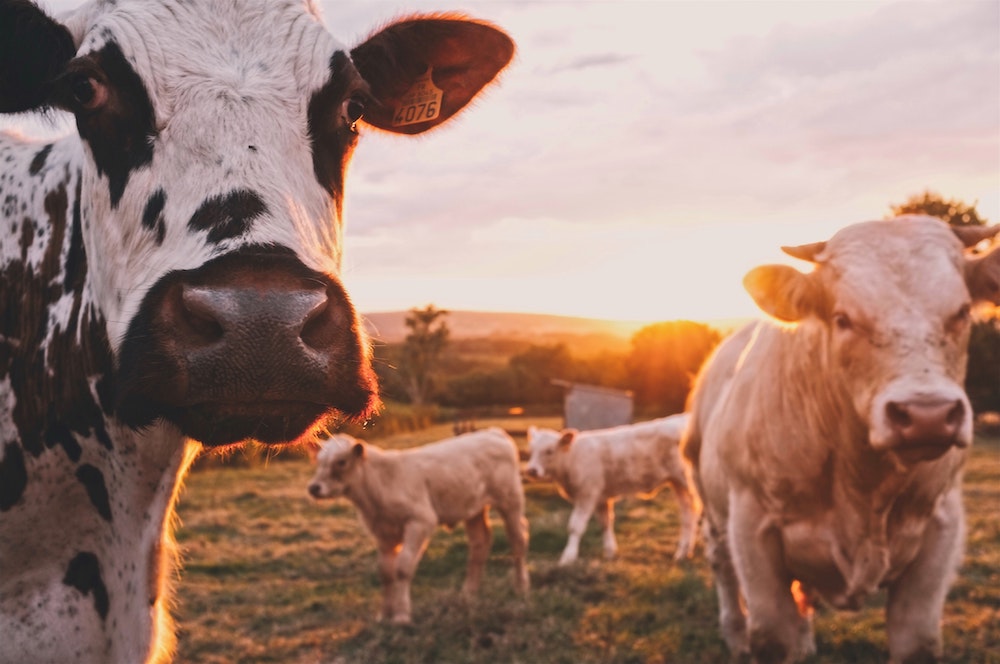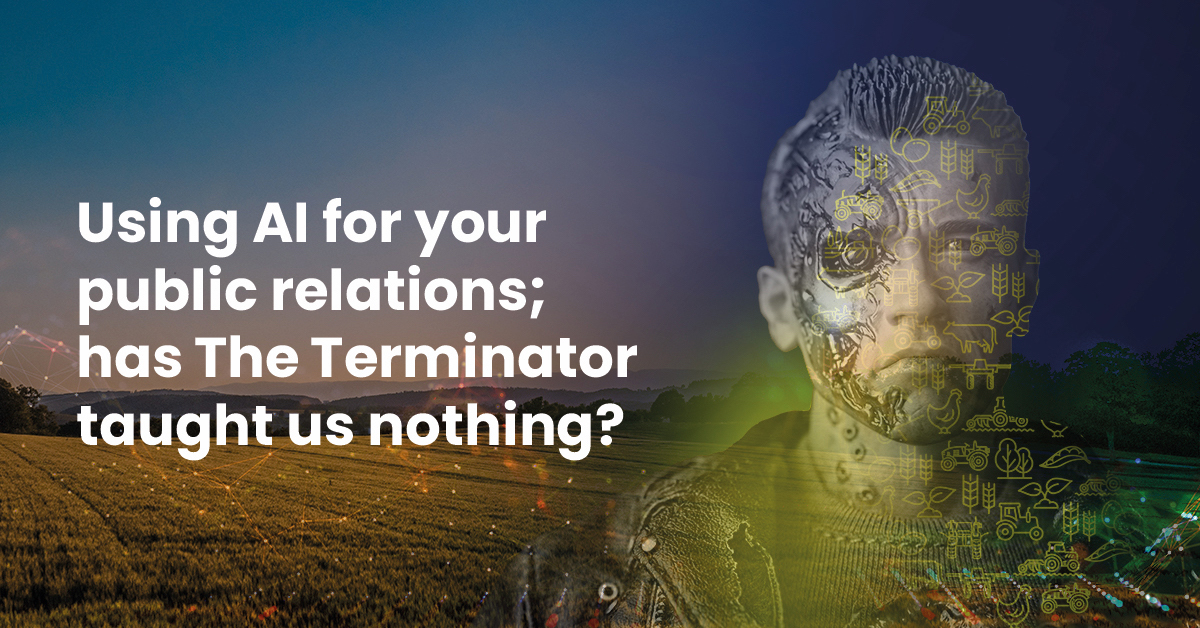As a newcomer to the ag industry in the early part of last year, I was keen to watch series two of Clarkson’s Farm as soon as it aired. Once I started, I was hooked.
It was entertaining, I laughed lots, felt angry in places, was emotional, and a little concerned at times but overall learned a lot.
Considering all this I felt myself forgetting the truly horrible and vicious comments Jeremy Clarkson made in an article about Meghan Markle. Instead, I was debating if Clarkson’s Farm was positive exposure for the farming industry.
Farmers Guardian‘s then editor Ben Briggs said: “For farming, Jeremy Clarkson has played a dual role. On the one hand, he is boosting the industry’s profile among the public and on the other, he is talking in a straightforward and direct manner about the challenges so many face, whether it is mountains of red tape, profitability or, in this series, the horrors of TB.
“He may be a polarising figure for some, but he is wildly popular for many more and that certainly helps farming’s cause.”
The other side of my argument is if his celebrity status and personality got in the way of his local council’s decision on his planning application, whether the government would listen to him and take the farming challenges seriously because it’s him, and if the wider public would understand the true extent of the difficulties farmers are facing from the Clarkson’s Farm.
We learned the amount of red tape farmers must work through to diversify which they are being encouraged to do. In Clarkson’s case, despite all his and Charlie Ireland’s hard work, the planning application for his restaurant idea was rejected.
Putting this into a non-celebrity context, I struggle to understand how a lone farmer would even get the diversification idea to the planning stages without a professional agronomist and land agent advisor in-house, whilst running a farm and taking on all the challenges this encompasses, with the chance of a flat refusal as the outcome.
I suppose the alternative is to carry on as they are with the risk of making a loss as the supermarkets allegedly, according to Clarkson’s Farm “dictate the price the farmer receives for any produce” anyway. There is no doubt farmers are faced with tough decisions.
Then there is the risk of injury and life as a farmer. HSE reveals that agriculture has one of the worst fatal accident and occupational ill health records of any major employment sector. It goes on to say: “Health and safety is a fundamental requirement of a sustainable farming business and should be regarded as an essential part of farm business management. Unwise risk-taking is an underlying problem in the industry and those working on their own are especially vulnerable.”
Jeremy stood between the two prongs of a telehandler used to prop up a fence so that a new fence post could be inserted. Surely this is a health and safety inspector’s nightmare! This wasn’t the only example but if Jeremy cannot provide the resources to do things to a specific safety standard (this includes falling asleep at his desk watching a health and safety training video), how many risks are regular farmers taking?
In a positive light, the surprising element to me was the compassion and appreciation Jeremy did show to those closest to him. He decided to keep the cow Pepper as a pet after it couldn’t get pregnant. Thinking financially, he should have sent it to slaughter but he didn’t. He made the decision to keep it especially after he promised the daughter of the farmer he got it from, that he would look after it. And he kept to his word.
Jeremy’s great relationship with Kaleb and how Kaleb enjoys but deeply respects Jeremy shone across to me too. They looked to have a great working relationship, but I think Jeremy showed appreciation when he took him to the British Farming Awards in the Lamborghini, or when he booked him a helicopter ride for his birthday (despite the message he grew with wildflower seeds). The way he brought the team together at the end to enjoy the restaurant and its view and said thank you for all their hard work displayed more than this arrogant persona he so often displays.
There is no doubt, having come from a non-farming background, this series has given me a wider understanding and provided me with more knowledge about farming and the challenges that farmers face.
To find a way to use the positive elements we have gleaned from the show to bridge the gap between farming and the wider public would be a sensible compromise. The idea to bring the two sides together and make a positive future for UK agriculture would be a step forward. Then use the elements that were highlighted as challenges like the health and safety element and red tape, to improve processes going forward.
Jeremy may not be the right person to get things to happen, but he is trying. Any publicity is good publicity, right?
To find out how we can help with your public relations, get in touch here.





